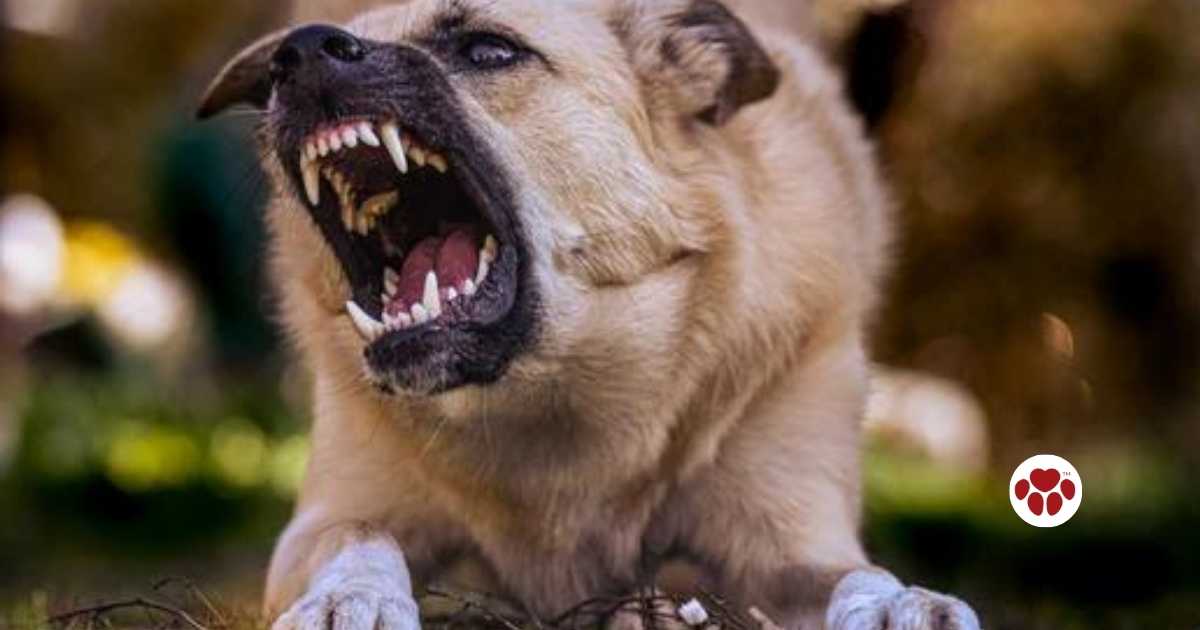
Why Do Dogs Have Food Aggression and How to Prevent It?
|
|
Time to read 2 min
|
|
Time to read 2 min
Food aggression is a common issue among dogs that can cause concern and even danger to their owners. The behavior is often characterized by growling, biting, or snarling when their food or treats are approached.
In this blog post, we will discuss why dogs have food aggression and how you can prevent it from happening. Why do dogs have food aggression? Dogs may develop food aggression for a variety of reasons. Some of the most common causes include:
Resource guarding: Dogs may become protective of their food when they feel like it is a limited resource that they need to defend. This behavior can stem from their evolutionary past as wild animals.
Anxiety or fear: Dogs may become anxious or fearful when their food is approached because they feel threatened. This can be caused by a range of factors, including a lack of socialization or past negative experiences.
Medical issues: Some dogs may have underlying medical issues that cause them pain or discomfort when eating, which can lead to food aggression. It's important to rule out any medical issues with your veterinarian before assuming that your dog's aggression is solely behavioral.
How to prevent food aggression in dogs: Preventing food aggression in dogs requires patience, consistency, and positive reinforcement. Here are some tips to help you prevent food aggression in your dog:
Start early: Begin training your dog to be comfortable with people being around their food as soon as possible. This will help them to learn that there is no threat to their food and reduce the likelihood of food aggression developing.
Socialization: Socializing your dog from an early age is critical to reducing anxiety and fear around strangers and other dogs. This will help your dog to feel comfortable and relaxed when around other people or dogs, including during meal times.
Positive reinforcement: Reward your dog for good behavior around food. Offer treats and praise when they allow you to approach their food or when they remain calm around other dogs during feeding time.
Establish a feeding routine: Set up a feeding routine that works for both you and your dog. Feed your dog at the same time every day, and in the same location. This will help your dog to feel comfortable and relaxed during meal times.
Slowly desensitize your dog: Slowly expose your dog to people or other dogs approaching their food. Start by having people or dogs sit near their bowl and gradually move closer over time. Reward your dog for staying calm and relaxed during these interactions.
Food aggression in dogs can be a serious problem that requires consistent training and patience to overcome. By understanding the root causes of food aggression and implementing these prevention techniques, you can help your dog to feel more relaxed and comfortable around their food. Remember to always consult with a veterinarian or professional dog trainer if you are having trouble managing your dog's behavior.